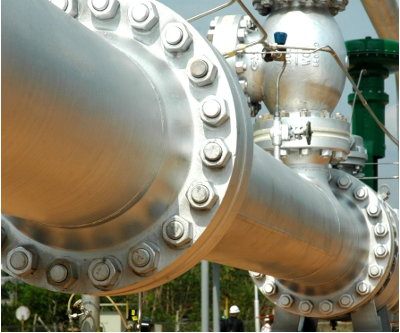Forget native protests and Keystone delays: oilsands crude will flow south and west anyway

Markham Hislop, editor of the Calgary Beacon, poses the question many in the oilsands are asking these days as the future of both the Keystone XL pipeline and the Northern Gateway project continue to lack certainty:
How will oil sands bitumen be shipped to Gulf Coast refineries or Asian markets if both pipelines are delayed or cancelled?
Hislop turns to Texas-based Industrial Info Research for the answer:
“I don’t expect any (pipeline) delays will affect project spending on oil sands crude oil production; the crude will still come down to the U.S. via existing pipelines or other proposed pipelines,” said Jesus Davis, VP of research for the oil and gas production, transmission and terminals industries, during a ”Navigating the Currents of Change” interview.
The rationale for both pipelines is to free up landlocked oilsands crude, 100% of which is exported to the United States. Doing so would relieve the oil glut in Cushing, Oklahoma, the pricing point for US crude, which has pushed the price Canadian oilsands producers receive to about a third below the Brent crude international price.
But the Northern Gateway pipeline, which would run across northern BC and Alberta and terminate at Kitimat, faces opposition from environmentalists and local first nations who fear the effects of a spill. A decision on the Keystone XL pipeline, which would run from Alberta to Gulf Coast refineries through Cushing, is expected by Feb. 21.
Hislop quotes Davis saying that the volume through the existing Keystone pipeline is due to be increased from 435,000 bopd to 590,000, meaning that Canadian oilsands could still get to Cushing:
“The Canadian oil won’t be stranded – it will just get here a little slower than if we had the Keystone XL online.”
Hislop also has Greg Stringham, VP oil sands and markets with the Canadian Association of Petroleum Producers, saying that if Keystone XL is pushed back a few years, competitors will jump in with other proposals:
“It’s not like the market will not be met. It’s just a matter of what timing and what route,” said Stringham. “We would like to see it earlier, and as well the most direct and least costly route possible.”
More News
Contract worker dies at Rio Tinto mine in Guinea
Last August, a contract worker died in an incident at the same mine.
February 15, 2026 | 09:20 am
{{ commodity.name }}
{{ post.title }}
{{ post.date }}




2 Comments
Ljandkaren
So I shouldn’t expect the price of my fuel to go down while you pipe it through my back door to another nation overseas who expliots their workers and sells thier toils back to me at a rate I can not compete with.
BIG THANKS. Just rememeber your counting on us to support YOU thruoghyour old age.
Del2012
I work at one branch of Alberta’s Oil Sands, with thousands of men & women working here, all of whom have their views on the environment and economy.
In the bigger picture, at least two generations will grow-up and live relatively good lives because of jobs linked to the Oil Sands. That’s what we do as a human race, we strive to stay alive. We’re not going back to hunting & gathering, we’ll mine these resources until forced to create new sources of energy.
Using a pipeline to transport the crude south is the safest means possible, as well, building more refineries is potentially much more harmful to the environment and would require a great amount of material resources that are already established in the United States.